Give No Pest a Chance in Your Home!
Great products for Pest Control!
Shop with usBest Sellers
-
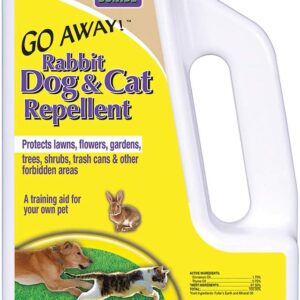
Bonide Go Away! Rabbit, Dog, and Cat Repellent Granules, 3 lbs
$21.47 Buy Now -
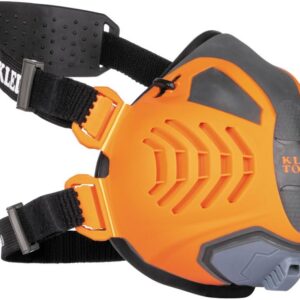
Klein Tools 60553 P100 Half‑Mask Respirator S/M
$36.47 Buy Now -
Sale!
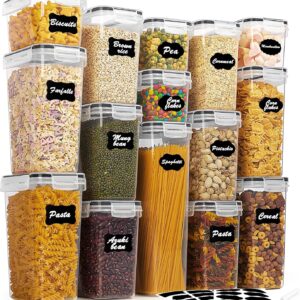
Vtopmart 15‑Piece BPA‑Free Airtight Food Storage Set
$28.99Original price was: $28.99.$23.99Current price is: $23.99. Buy Now -
Sale!
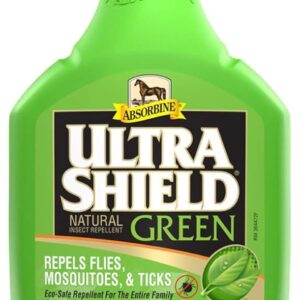
Absorbine UltraShield Green All‑Natural Fly & Insect Repellent for Horses & Dogs
$29.69Original price was: $29.69.$23.09Current price is: $23.09. Buy Now -
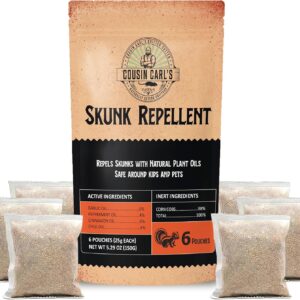
Cousin Carl’s Maximum-Strength Skunk Repellent & Odor Eliminator (12-Pack)
$29.99 Buy Now -
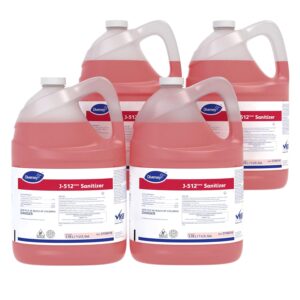
Diversey J-512 TM/MC Sanitizer, 1-Gallon, 4/Case
$134.90 Buy Now -
Sale!
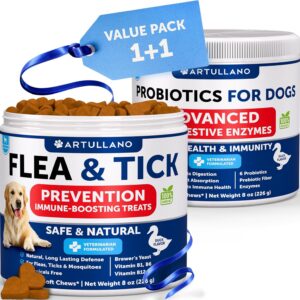
Natural Flea & Tick Prevention + Probiotics for Dogs
$44.90Original price was: $44.90.$39.99Current price is: $39.99. Buy Now -
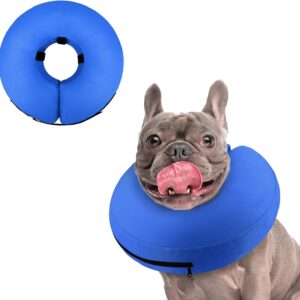
Supet Inflatable Donut Post‑Surgery Collar For Dogs
$18.98 Buy Now
Recent Additions
-
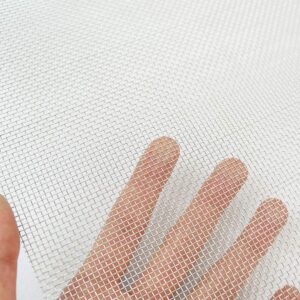
TIMESETL 304 Stainless Steel 10-Mesh Wire Sheet, 12 x 24 inches
$13.99 Buy Now -
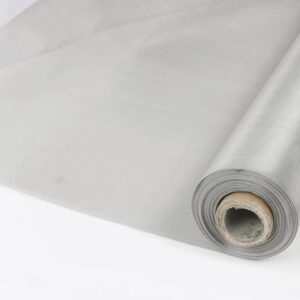
30×200 cm 304 Stainless Steel Filter Screen Mesh, 30-mesh 0.7 mm Opening
$29.58 Buy Now -

3-Pack Pump Sprayer Replacement Handles for Wands and Backpacks
$13.99 Buy Now -
Sale!
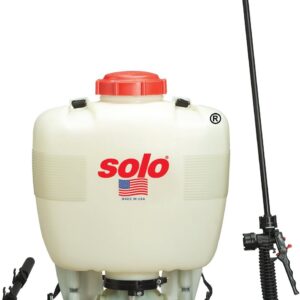
SOLO 475-B 4-Gallon Bleach-Resistant Diaphragm Backpack Sprayer
$119.95Original price was: $119.95.$107.99Current price is: $107.99. Buy Now -
Sale!
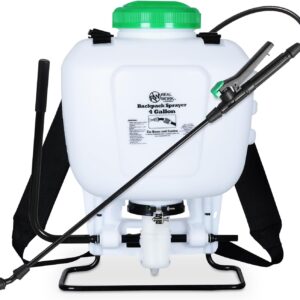
REALWORK 4 Gallon Backpack Sprayer, Translucent Tank for Pests, Weeds, and Garden Care
$59.99Original price was: $59.99.$39.99Current price is: $39.99. Buy Now -
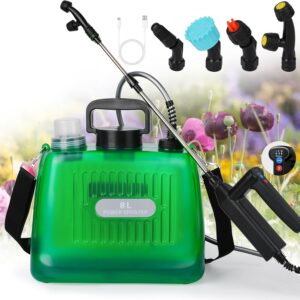
2 Gallon Battery Powered Garden Sprayer, with 32 inch Telescopic Wand and 4 Nozzles
$34.99 Buy Now -
Sale!
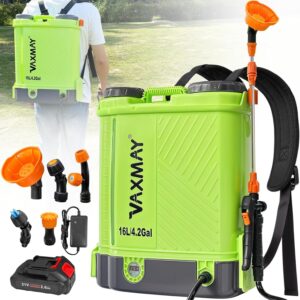
VAXMAY 4 Gallon Battery Backpack Sprayer, 100 PSI, Makita 18V Compatible
$96.99Original price was: $96.99.$87.29Current price is: $87.29. Buy Now -
Sale!
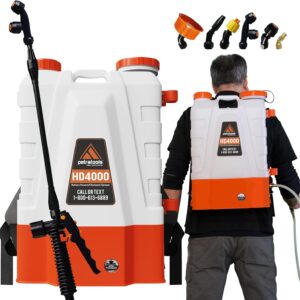
PetraTools HD4000 4 Gallon Battery Backpack Sprayer, 6-8 Hr Runtime, Up to 90 PSI
$299.99Original price was: $299.99.$199.99Current price is: $199.99. Buy Now